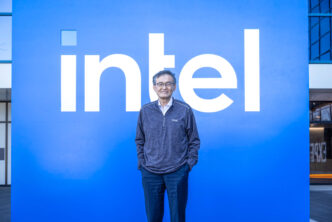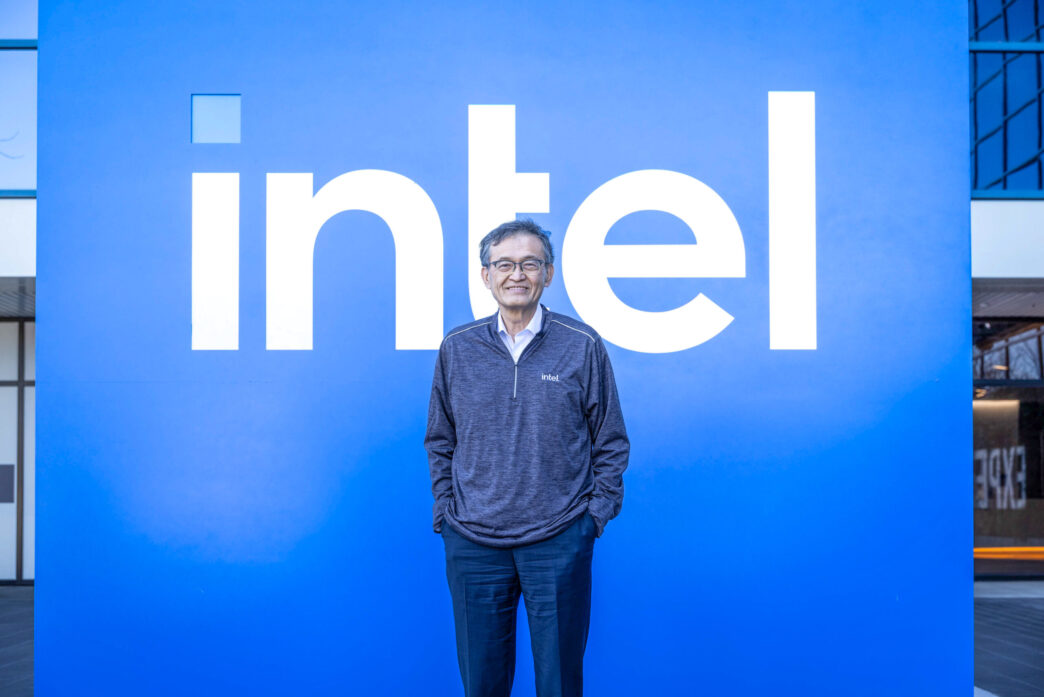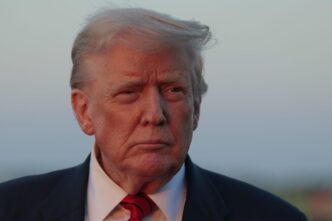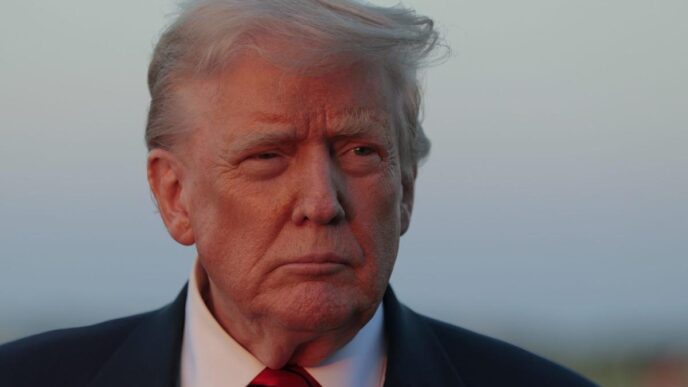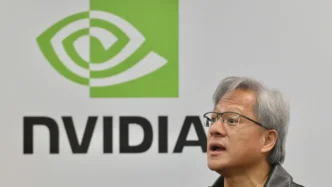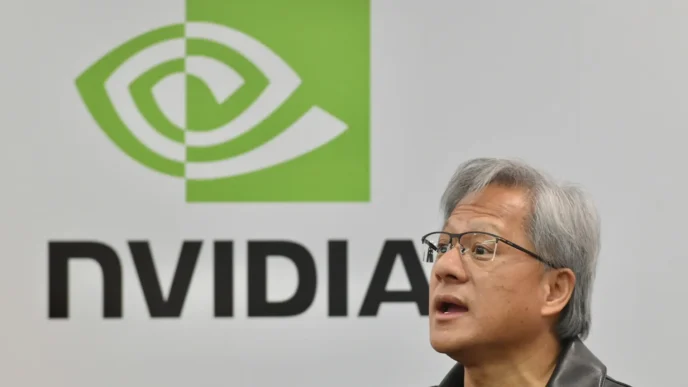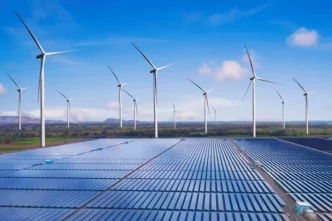Intel Corp., the U.S. semiconductor giant, found itself at the center of political and market turbulence this week after President Donald Trump publicly called for the resignation of the company’s CEO, accusing him of being “conflicted” in his leadership. The remarks, delivered during a televised interview and amplified across Trump’s social media channels, immediately triggered a fresh wave of uncertainty for investors already grappling with a challenging chip market and global supply chain disruptions.
Shares of Intel slid sharply in after-hours trading, with market analysts pointing to the renewed perception of political risk. While Trump did not provide detailed evidence of his claims, the former president’s criticism centered on allegations of divided loyalties in Intel’s executive ranks, citing the company’s collaborations in Asia as potentially undermining U.S. technological sovereignty.
Investor Confidence Shaken
The timing of Trump’s comments is particularly damaging for Intel, which is in the midst of a multibillion-dollar transformation plan aimed at reclaiming leadership in semiconductor manufacturing. The company is investing heavily in advanced fabrication plants in Arizona and Ohio, backed by funding from the Biden administration’s CHIPS and Science Act. Analysts warn that political attacks could disrupt public perception of Intel as a critical national asset in the global tech race.
“Intel’s turnaround story was already fragile,” said Mark Halperin, a semiconductor market strategist. “When you add political volatility into the mix, it’s not just about corporate performance anymore—it becomes about defending your legitimacy to lead America’s tech revival.”
Trump’s Strategic Timing
Industry insiders note that Trump’s rhetoric around Intel could serve multiple purposes. With the 2024 election campaign still influencing political discourse and the U.S.-China technology rivalry intensifying, Trump may be positioning himself as a vocal guardian of American tech independence. By targeting Intel’s leadership, he places pressure on both corporate America and policymakers to adopt stricter stances on foreign dependencies in advanced chipmaking.
Global Implications
The spat comes as global semiconductor demand faces mixed signals—booming in AI and data center applications but sluggish in consumer electronics. Intel’s ability to navigate geopolitical challenges is critical, particularly given its complex supply chain and reliance on overseas markets for both revenue and component sourcing.
Asian partners, particularly in Taiwan and South Korea, are watching closely. Any destabilization in Intel’s leadership could shift market share opportunities toward rivals such as Taiwan Semiconductor Manufacturing Company (TSMC) and Samsung Electronics.
Next Steps for Intel
While the company has not issued a direct response to Trump’s call for the CEO’s resignation, sources within Intel say the board remains fully supportive of current leadership and the strategic roadmap. The question now is whether political pressure will translate into shareholder activism or further destabilize investor sentiment.
For Intel’s investors, the latest episode serves as a reminder that in today’s tech and political environment, even the most technically focused companies are not immune to the unpredictable forces of political theater. With billions in capital investment on the line, the stakes for Intel—and for America’s chip ambitions—have rarely been higher.

